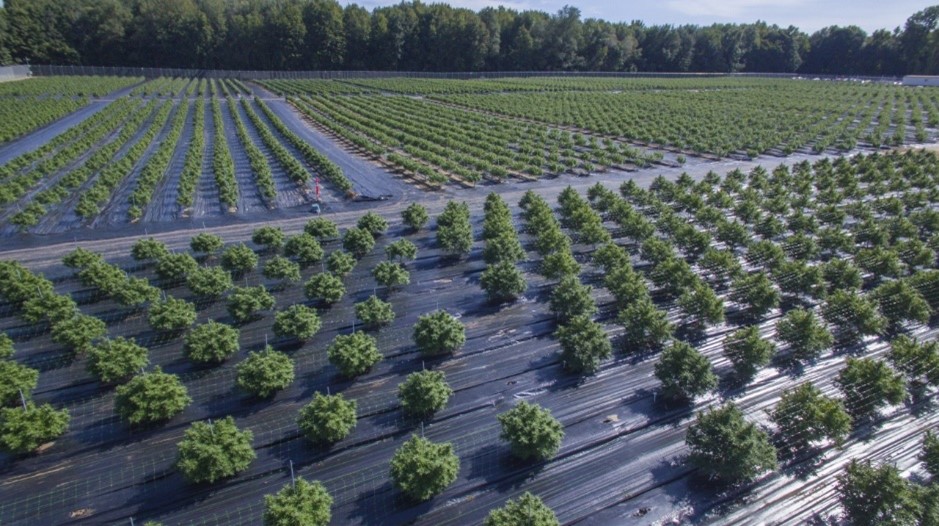 Share
Share
 Tweet
Tweet
 Share
Share
 Share
Share

Introduction
The legalization of cannabis is a rapidly evolving issue, with new laws and regulations being introduced all the time. With the growing interest in cannabis for both medical and recreational use, it is important to understand the current state of the laws and regulations surrounding this plant. In this article, we will explore the legal landscape of cannabis, providing a guide to the current laws and regulations in place.
Medical and Recreational Cannabis
Cannabis has been legalized for medical use in many states, with some even legalizing it for recreational use. The laws surrounding medical cannabis vary greatly from state to state, with some states requiring a prescription from a licensed doctor and others allowing patients to self-certify. The types of medical conditions that qualify for treatment with cannabis can vary greatly.
Recreational cannabis, on the other hand, is legalized in a smaller number of states and has specific regulations regarding possession, sale, and use. It is important to note that the recreational use of cannabis is still illegal under federal law, even in states where it is legalized.
Federal Laws
Despite the growing number of states that have legalized cannabis for either medical or recreational use, it is still considered a Schedule I drug under federal law. This classification makes it illegal to cultivate, distribute, or possess cannabis in any form. However, there is growing pressure on the federal government to change the current laws, and several bills have been introduced in recent years to legalize cannabis at the federal level.
State and Local Laws
In addition to the federal laws, each state has its own laws and regulations surrounding cannabis. It is important to research and understand the laws in your state, as well as any local laws that may apply. For example, some states have regulations surrounding the number of plants that can be grown for personal use, while others have restrictions on where cannabis can be consumed.
Still Confused?
As the legalization of cannabis continues to evolve, it is important to stay informed about the current state of the laws and regulations surrounding this plant. By understanding the laws in your state and at the federal level, you can make informed decisions about your use and involvement with cannabis.
The legal landscape for cannabis is changing and being updated all the time across all 50 states. In order to stay up-to-date with the ever-changing regulations, the team at CFAH created this interactive map for information on legalization, medical use, recreational use, and psychoactive products. It a great tool and resource.
The Western Michigan University Cannabis Marketing Certification (CMC) program offers comprehensive training and education on all aspects of the industry, from marketing, to regulations and consumer trends. By investing in your education and skills, you can stay ahead of the curve and succeed in the exciting and rapidly growing cannabis market.
Disclaimer: This article is for informational purposes only and is not intended to provide legal advice. It is important to follow all federal, state, and local laws and regulations regarding cannabis.
Sources:
National Conference of State Legislatures. (2022). State Medical Marijuana Laws.
National Organization for the Reform of Marijuana Laws. (2022). State Laws & Penalties.
U.S. Drug Enforcement Administration. (2021). Drugs of Abuse.







